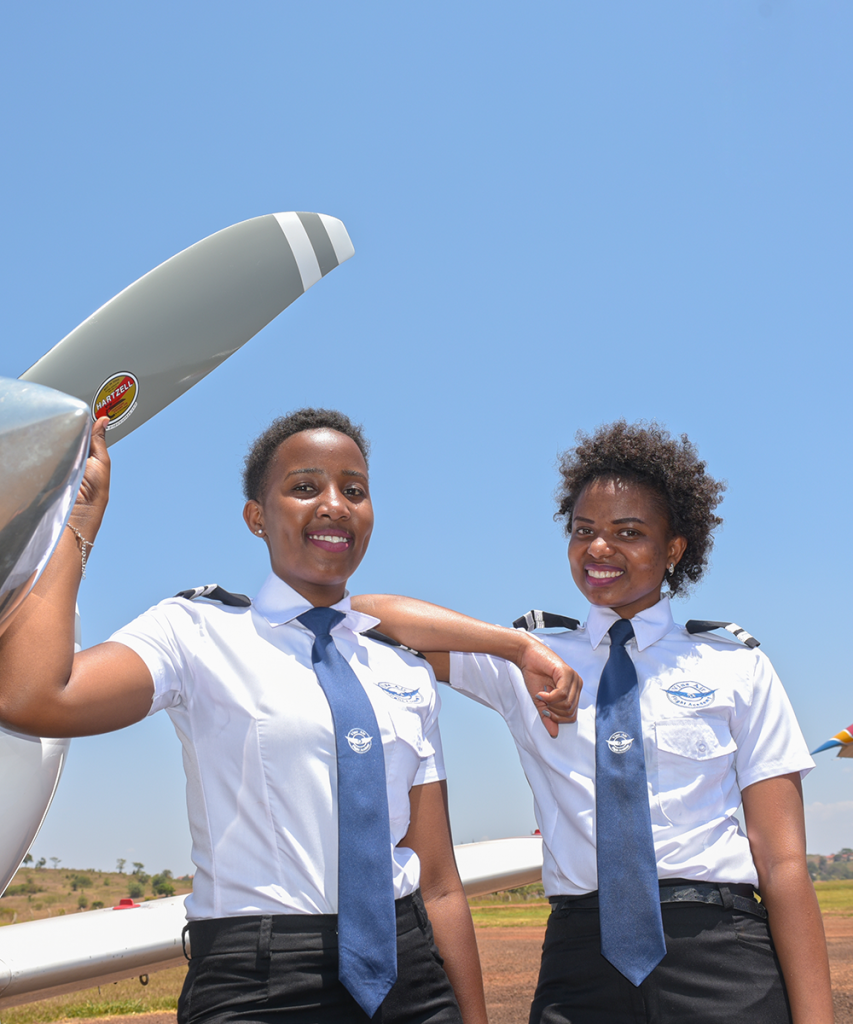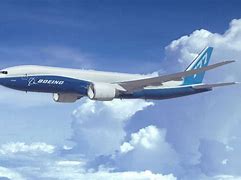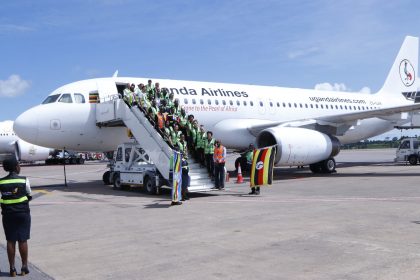Aviation training organisations seek concessions from UCAA

The Uganda Civil Aviation Authority’s Air Services Licensing Committee, has welcomed ground-breaking proposals by aviation training organisations, whose adoption could advance Uganda’s growth as a destination for pilot training.
The proposals, made during a public hearing for license applications March 10, include a request for a full waiver of navigation fees for training flights, faster processing of pilot licenses and endorsements; and assigning government sponsored students to local aviation training organisations.
Air Serv, was seeking renewal of its license to offer scheduled and no-scheduled domestic and international passenger services and a new license for non-scheduled cargo services. Kajjansi airfield-based Bar Aviation is seeking to venture into non-scheduled cargo operations while Aerolink is seeking license renewal for scheduled and non-scheduled passenger services. New entrant Sun Guru wants approval for private charters.
Jinja-based Vine Air is seeking renewal of its flight training and non-scheduled domestic passenger and cargo operations. Other applications for license renewal were from Kampala Flight Training Centre, a subsidiary of Bar Aviation and Asante Aviation for domestic and international, non-scheduled passenger operations.
Echoing the sentiments of industry peers, Captain Dodd Katendeigwa, a director with Vine Air, made a lengthy presentation, during which he decried the 60 days it takes to secure a student pilot licence in Uganda, arguing that this was incentivizing student pilots from Uganda and neighbouring countries to opt for training in the US, where the higher cost is cancelled out by the money that would be spent on upkeep in Kampala while they waited for security clearances and regulatory approvals. Worse still, is the fact that often, many of these students return with licenses which require extensive remedial training by local flight training organisations.
Examination cycles in Uganda were also unpredictable and it takes weeks to secure certificates and endorsements. This makes local training organisations less attractive compared to neighbouring Kenya for instance.
Katendeigwa gave the example of Nairobi where he can schedule a type-rating exam and is able to complete his medicals and type rating in a single day, with an endorsed license following two days later.
While the CAA had reduced navigation fees for training flights by half, Katendeigwa asked for a full waiver, arguing that this would feed into reduction of training charges for student pilots, many of who are forced to drop out of the course before completion. The other major cost drivers are the prohibitive taxes on consumables import levies on a 200-litre drum of lubricants going as high as USD 3000.
Removing such obstacles, should make flight training more affordable for the many aspiring aviators, and make the country’s flight training industry more competitive, he argued.
Responding to the presentation, UCAA board chair, retired Justice Steven Kavuma, welcomed the operators’ contribution to Uganda’s aviation industry and promised that the board would give due consideration to the issues raised.

 Brussels Airlines to announce Nairobi service
Brussels Airlines to announce Nairobi service
 SITA promises enhanced travel experience after Materna acquisition
SITA promises enhanced travel experience after Materna acquisition
 Saudia’s 105 aircraft order stretches A320neo lead over rival Max
Saudia’s 105 aircraft order stretches A320neo lead over rival Max
 Boeing refuses to pay hackers $200 million for stolen Data
Boeing refuses to pay hackers $200 million for stolen Data
 Uganda-Tanzania announce date for second joint business forum
Uganda-Tanzania announce date for second joint business forum
 Uganda Airlines leased A320 arrives in Entebbe
Uganda Airlines leased A320 arrives in Entebbe
